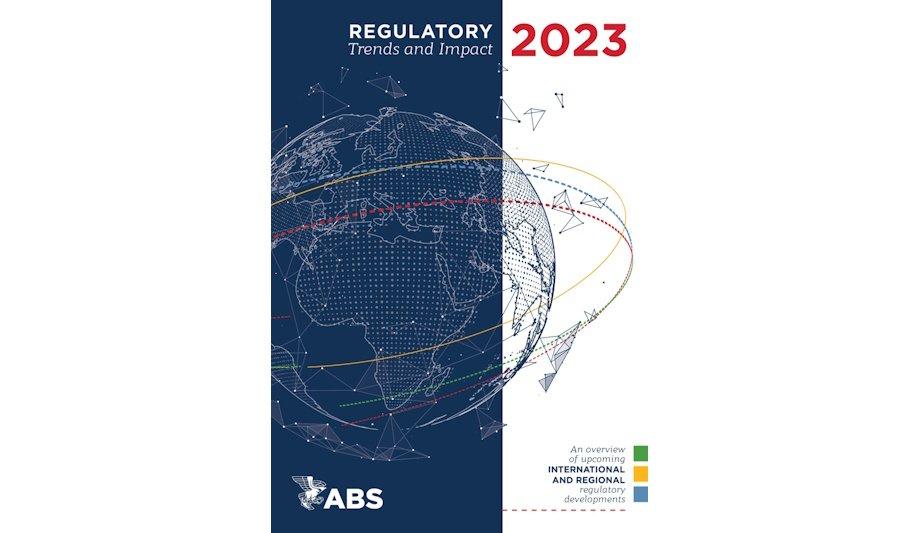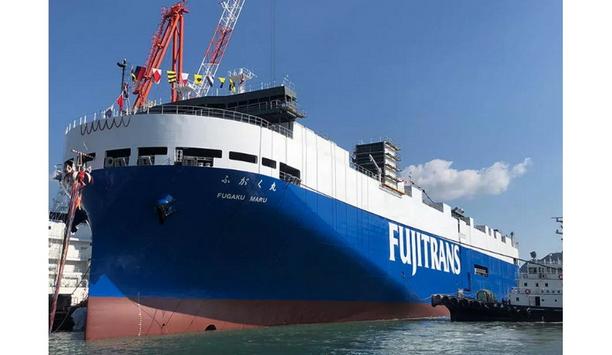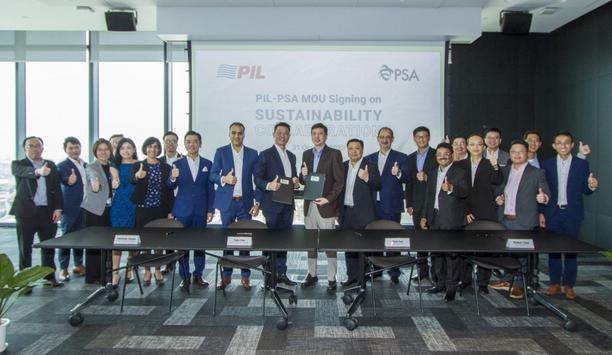ABS shines a light on the maritime industry’s complex regulatory environment in a major new report summarising the latest global regulatory developments and guidelines, as well as their impact on the maritime industry.
From reductions in the carbon intensity of shipping to the use of future fuels and autonomous ship capabilities, the IMO and regional regulators continue to pursue unified regulatory consensus to improve safety, efficiency and technological leadership in the maritime industry.
Regulatory Trends and Impact 2023
Regulatory Trends and Impact 2023 outlines key regulatory developments at the IMO and at the regional level, addressing local issues that can often serve as a foundation for future global regulations.
Advancements in technology, safety and efficiency are constantly evolving and driving
Stamatis Fradelos, ABS Vice President, Regulatory Affairs, stated, “The regulatory landscape in the maritime industry is complex and ever-changing. Advancements in technology, safety and efficiency are constantly evolving and driving compliance updates."
Stamatis Fradelos adds, "At ABS, we closely monitor the activities and decisions of governing bodies, and we take pride in offering our assessments as quickly as possible. This publication is a turnkey solution, another way for us to share comprehensive information with stakeholders all in one place.”
Takeaways from the new ABS
Top takeaways from the new ABS publication include:
- The more ambitious deadlines of the revised 2023 IMO Greenhouse Gas (GHG) reduction strategy will now consider the whole life cycle of marine fuels.
- The proposed mid-term GHG reduction measures consist of a technical measure regulating the reduction of marine fuel’s GHG intensity and an economic measure on the basis of a GHG emissions pricing mechanism.
- The report highlights the potential impacts of the latest EU regional measures under the FIT for 55 legislative package, as well as the EU Emission Trading System (ETS) beginning in 2024 followed by the FuelEU maritime regulation starting in 2025.
- ABS also provides information about U.S. proposed policies to eliminate the emissions of GHG and other air pollutants and impose carbon intensity standards for fuels used by ships and cold-ironing when at berth.
- The Panama Canal Green Route Plan 2050 which aims to reduce the canal's carbon footprint and promote sustainable practices is also detailed in the new ABS report.
ABS Regulatory Trends and Impact 2023
With this complex and ever-changing regulatory landscape, the ABS Regulatory Trends and Impact 2023, along with Regulatory Lessons, a series of digital courses on the most recent developments at the IMO, and Safety in Minutes, a series of short videos highlighting potential safety hazards, provide shipowners with insights toward regulatory compliance, improving risk awareness and operational safety.










